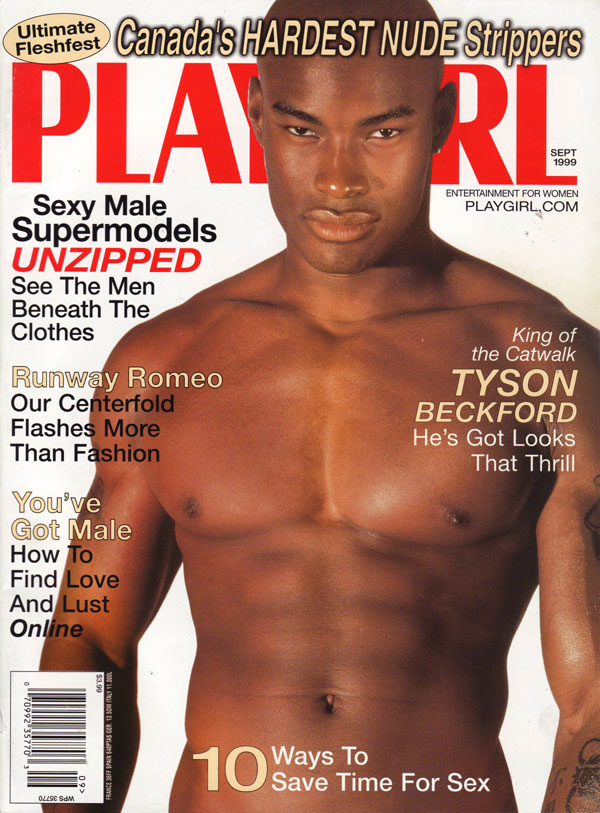
But when I finally got my hands on the old issues it shocked me because it was very much entertainment for women in a big way in the sense that not only was Maya Angelou a monthly contributor for the first couple of years, but there were so many categories - fashion, art, editorial,” Lindley Kuhns said in an interview. All I knew was the things that we would see on TV that was not anything of quality or important. “I didn’t know it was a feminist magazine. It turned out to be the early issues that interested him in closing the deal, of which financial terms have not been disclosed. Lindley Kuhns went to boarding school with Ruderman’s son and he and his father approached the-then 26-year-old in 2016 to see if he would be interested in acquiring the publishing rights to the title.

Now the title is back in another incarnation, but it’s closer to its beginnings than when Playgirl ceased print operations in 2015, according to publisher Jack Lindley Kuhns, great-grandson of Eugene Meyer, who purchased The Washington Post in 1933.

After a period in the Eighties when its covers largely consisted of celebrities wearing clothes, Playgirl was acquired by New York publisher Carl Ruderman and as Esquire wrote in a 2017 essay on the magazine, transformed into “unapologetic soft-core porn.”


 0 kommentar(er)
0 kommentar(er)
